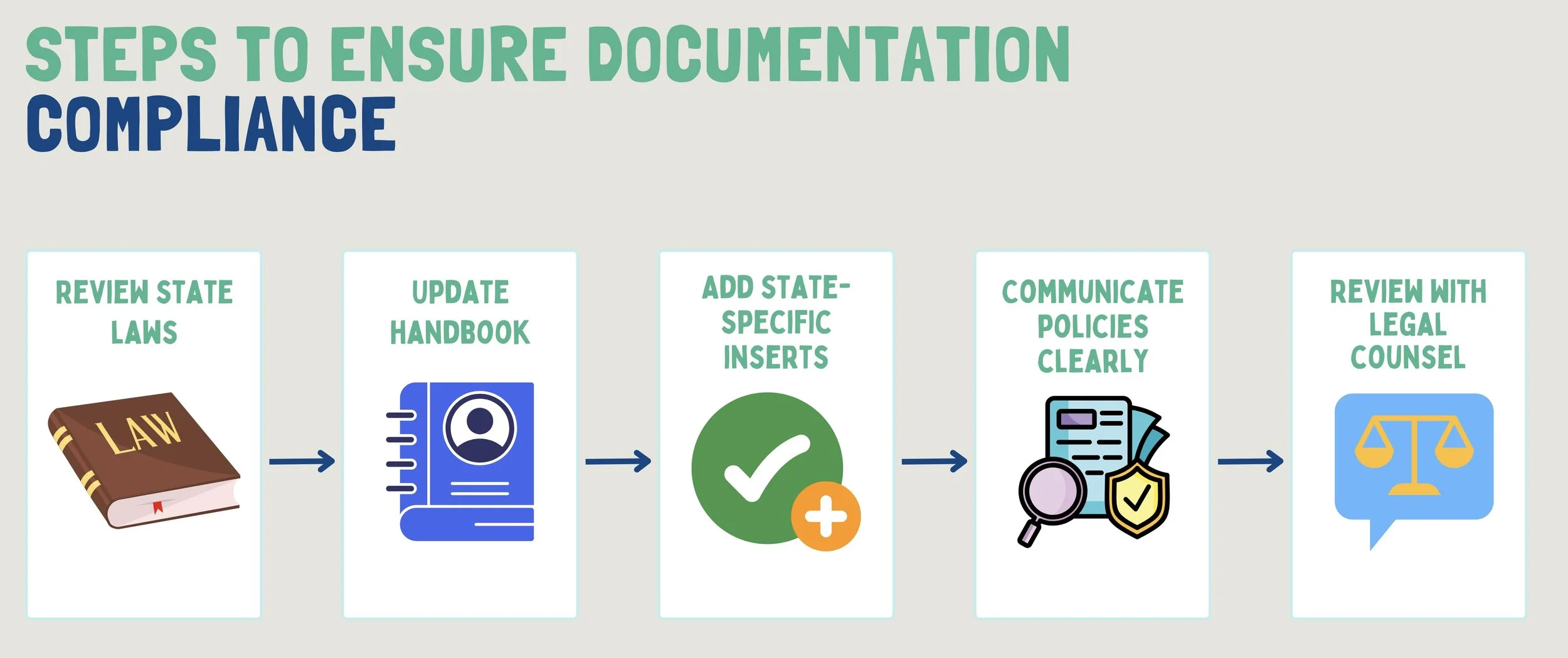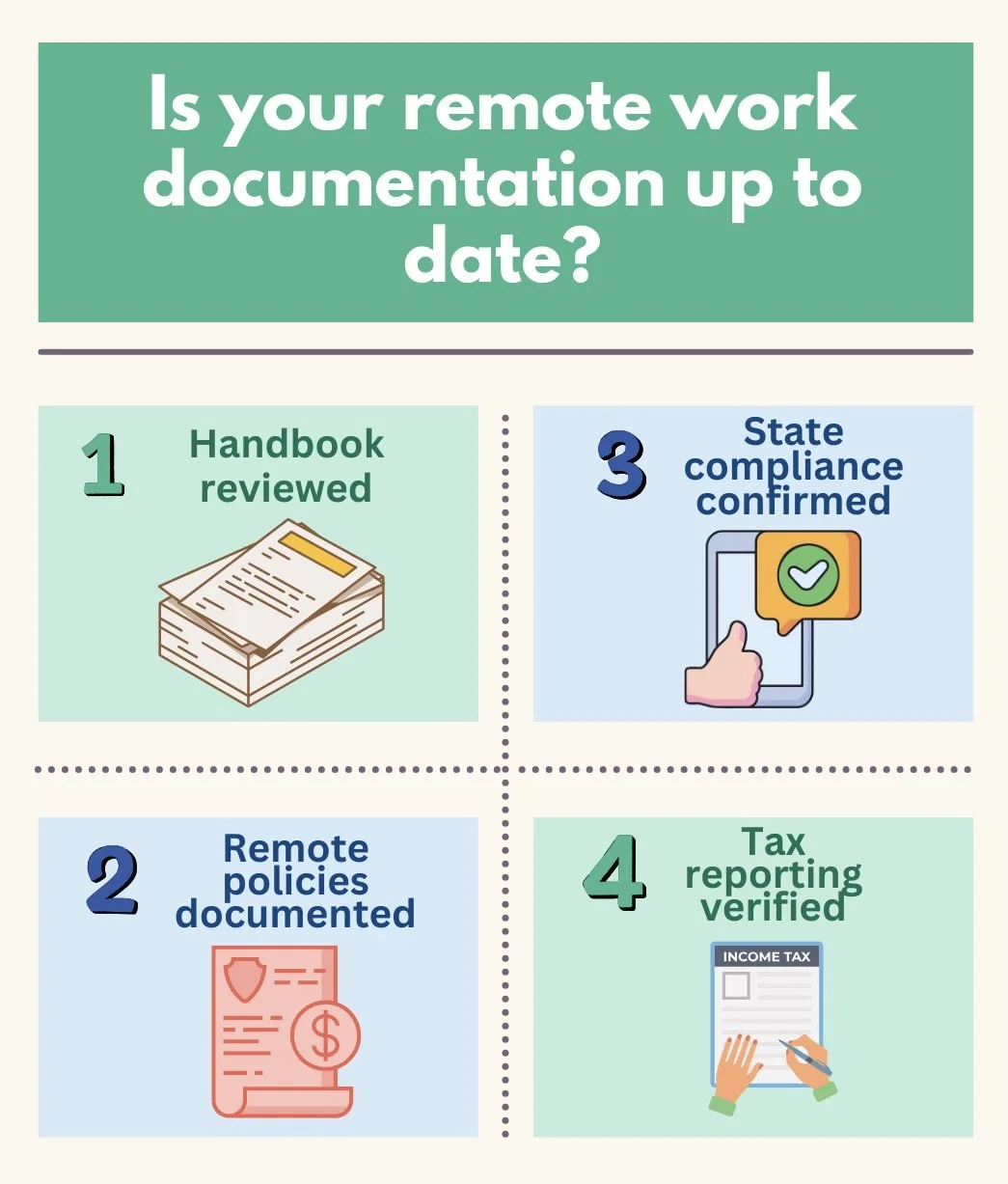Labor & Employment FAQ’s for Companies with Multistate and Remote Employees
As remote work becomes more common, many companies, even smaller start-ups, may have employees in different states. Employers should be aware of their federal, state, and local employment law obligations. Here are some considerations multi-state employers should keep in mind:
State and local labor laws: Generally, state labor laws such as minimum wage, overtime, paid leave, and record-keeping requirements, apply based on where the employee performs the work. For example, some states, such as New York and California, require paid family or sick leave programs that exceed federal guidelines. Also, some states have record-keeping requirements for things like payroll, discrimination and harassment prevention trainings, and employee benefits. Some companies may also be subject to additional local labor laws, such as New York City-specific regulations, which include additional anti-discrimination provisions not found in federal law.
Clear documentation: Since some state laws may have different leave or benefit requirements, consider adding applicable inserts to employee handbooks and written policies to document these differences. Clear communication about policies can help prevent disputes, potential discrimination claims, or HR headaches. If your company does not have an employee handbook, or has not updated the handbook in a few years, consider reaching out to legal counsel for assistance with a review of your handbook and new hire policies. It is also important to ensure that your company documents remote work policies and locations for any applicable reporting to your workers’ compensation or other insurance providers.
Tax Considerations: Companies should determine the tax obligations and reporting requirements in the states where their remote workers are located. Generally, employers withhold taxes for the state in which the remote employee performs services, however, some states have different laws subjecting employers to income tax withholding obligations in the state in which the remote employee works and the state in which the employer operates. Employers should document the state in which their employees perform services for the company and consult with tax advisors and legal counsel to ensure compliance with any applicable state, federal, and local tax withholding, as well as any corporate reporting requirements.
If your company does not have documentation in place for these policies, or has not updated it since implementing remote work, consider contacting labor & employment counsel for assistance with your policies.


